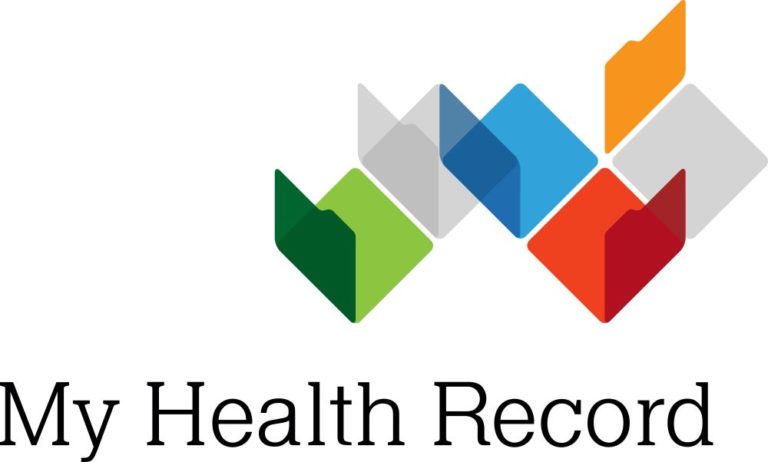[vc_row][vc_column][vc_column_text]AOA President Dr David Martin said the reform process to date does not appear to be consumer focused, “Rather than focus on the consumer, the real nuts and bolts of the reform is on exclusions, where it seems to be more about what insurers are prepared to provide within certain actuarial constraints, rather than what patients with private health cover require.
“Many private patients without “Gold” insurance will only discover they were inadequately insured when they reached the stage where surgery was the required treatment. AOA members frequently report experience of patients disappointed to learn their health insurance doesn’t cover treatment by joint replacement of their disabling arthritis (when all non-operative measures exhausted). The current system seems to be going to perpetuate this confusing situation.
Bizarrely the new system covers podiatry services at lower tiers including surgery and joint replacement and prostheses insertion even though these health providers are neither specialist surgeons nor have a system of monitoring outcomes like the National Joint Replacement Registry. The NJRR has already saved about AUD$600 million over last ten years by encouraging wise prosthesis choice.
“Insurance is meant to protect people against unaffordable financial risk, but with the present model the opposite is occurring. Patients with non-Gold insurance will only be covered for cheaper medical problems and be excluded from resource intensive problems like spinal fusion and joint replacement. Joint replacement surgery is potentially a very cost-effective intervention with good improvement in quality of life sustained over decades. Patients who can’t afford to increase their cover to Gold or pay for the surgery themselves, will be forced into the public system. The result will be an enormous cost shift from the private health system to the state-run public system.”
“This makes the decision about choosing policies that rely on exclusions a major gamble,” Dr Martin said.
AOA is calling on the Government to revisit its modelling of the traffic-light classification system by putting the Australian consumer first, rather than the profit levels of Australian private health insurance companies.
“We are urging the Federal Government not to rush, or rubber stamp these reforms. It warns changes to how orthopaedic surgery is covered requires urgent and careful collaboration with the specialists who work in the field, otherwise a sub-optimal reform will occur.
“The AOA actively supports efforts to reduce policy variation and make health insurance easier for patients to understand; however, the proposed reforms will continue to leave patients open to nasty surprises about their coverage when medical treatment is required,” said Dr Martin.[/vc_column_text][/vc_column][/vc_row]




